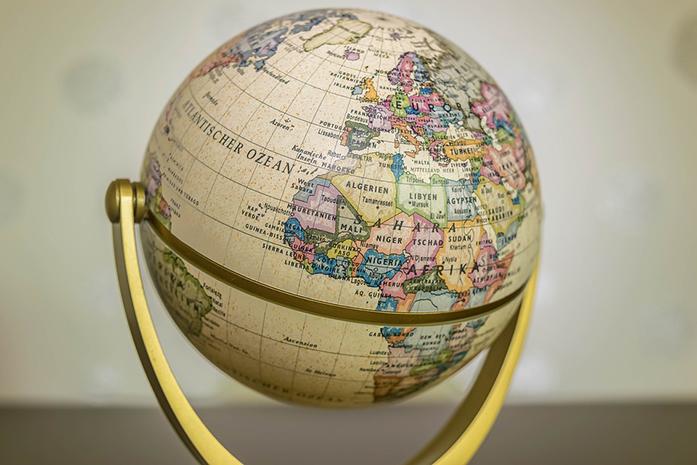Emily Van Kirk
emily-van kirk @uiowa.edu
Britain has become the world’s second largest exporter of weapons, selling arms to a host of countries. Many of Britain’s buyers have problematic human-rights-abuse records. Britain’s ascent to the peaks of the arm-exporting world comes with a great irony; the UK gladly sells weapons to 22 out of the 30 countries it has placed on a human-rights-abuse watch list.
A great deal of these arms sales go to fueling bedlam in the Middle East. Indeed, more than two-thirds of Britain’s overall arms exports funnel into belligerent Gulf States, most notably Saudi Arabia. The intensification of the Yemeni war, in large part due to an involved, sectarian motivated intervention by a Saudi-led coalition, has sparked calls from various international and domestic human-rights groups for the cessation of arms sales to the Gulf region. The Sunni coalition’s incursion into Yemen to stop Iranian-backed Shia Houthi rebels is producing a gross number of civilian casualties, prompting said denouncements.
President Obama has pushed the UK to maintain its defense budget, despite internal pressures to limit domestic military spending. The trend indicates international resolve to limit direct intervention in conflicts, instead sending military hardware in its place. Thus continuing, although indirect, a long tradition of Western involvement and intensification of Middle Eastern conflicts.
Sykes-Picot, an agreement made following World War I, divided the Middle East based on European interests rather than legitimate claims to sovereignty. This agreement, and the subsequent states it created, has been blamed for the chaos now in the region. Continued involvement through arms sales serve only to fan the flames of war.
Britain and the U.S. contribute to arms sales globally, as well as China, France, Russia, and Germany. Contributions to the Middle East continue to leave the region in disarray. Unlike China and Russia — which for the most part do not promote human rights, democracy, and adherence to international law in their foreign policies — Western arms exporters must come to realize that at the core of their foreign policies lies hypocrisy.
Boots on the ground are not the sole qualifier when discussing active contributions to armed conflict around the globe. The sale of weapons can have just as much, if not more, detrimental effects on a war-torn nation than the presence of military personnel, and the role of war-time middle man is not synonymous with the moral high ground as countries such as the U.S and Britain would like to believe. Hypocrisy is best represented by action, and the actions that have led to Britain’s newfound status as the world’s second-largest arms dealers speak for themselves. Western countries need to be held to just as high of a standard as the rest of the world, and it is inexcusable to turn a blind eye to the blatant perpetuation of war simply because of the status the country responsible holds.



